JOHANNESBURG, SOUTH AFRICA—According to a Science News report, evidence for the consumption of Giant African land snails (Achatinidae) by early modern humans beginning some 170,000 years ago has been uncovered at the Border Cave site, which is located in eastern South Africa. The practice of roasting and eating the snails in the cave continued for about 100,000 years. Chemist Marine Wojcieszak of the Royal Institute for Cultural Heritage in Brussels and her colleagues were able to determine that the snails had been roasted by demonstrating that their shells, which are made up of layers of aragonite, transition into calcite when heated. The changes were observed with infrared and Raman spectroscopy and scanning electron microscopy. The researchers concluded that the snails would have been easy to hunt, could have been stored alive for a long period of time, and served as an excellent source of nutrients. Read the original scholarly article about this research in Quaternary Science Reviews. To read about another discovery from Border Cave, go to "Paleolithic Bedtime."
South Africa’s Giant Land Snail Snacks Studied
News April 9, 2023
Recommended Articles
Digs & Discoveries November/December 2020
Paleolithic Bedtime
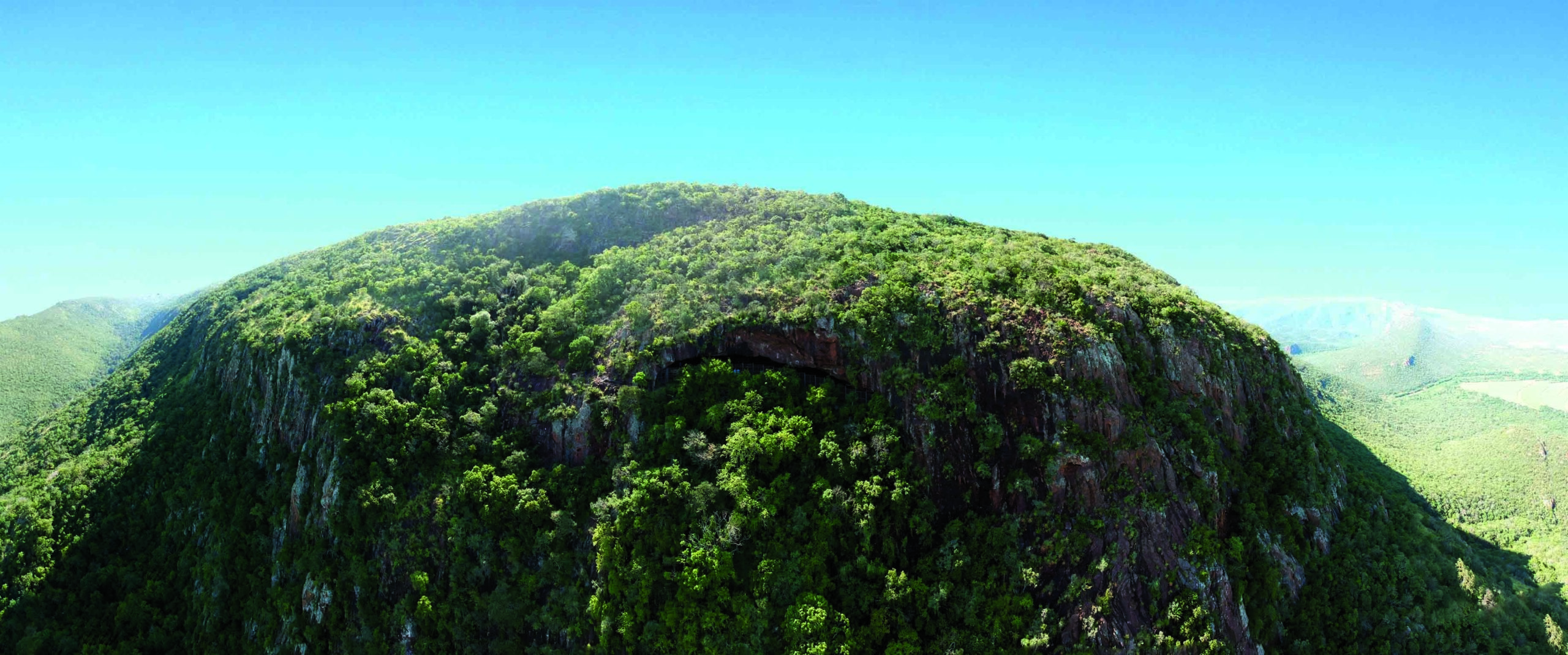
Top 10 Discoveries of 2012 January/February 2013
First Use of Poison
Lebombo Mountains, KwaZulu-Natal, South Africa
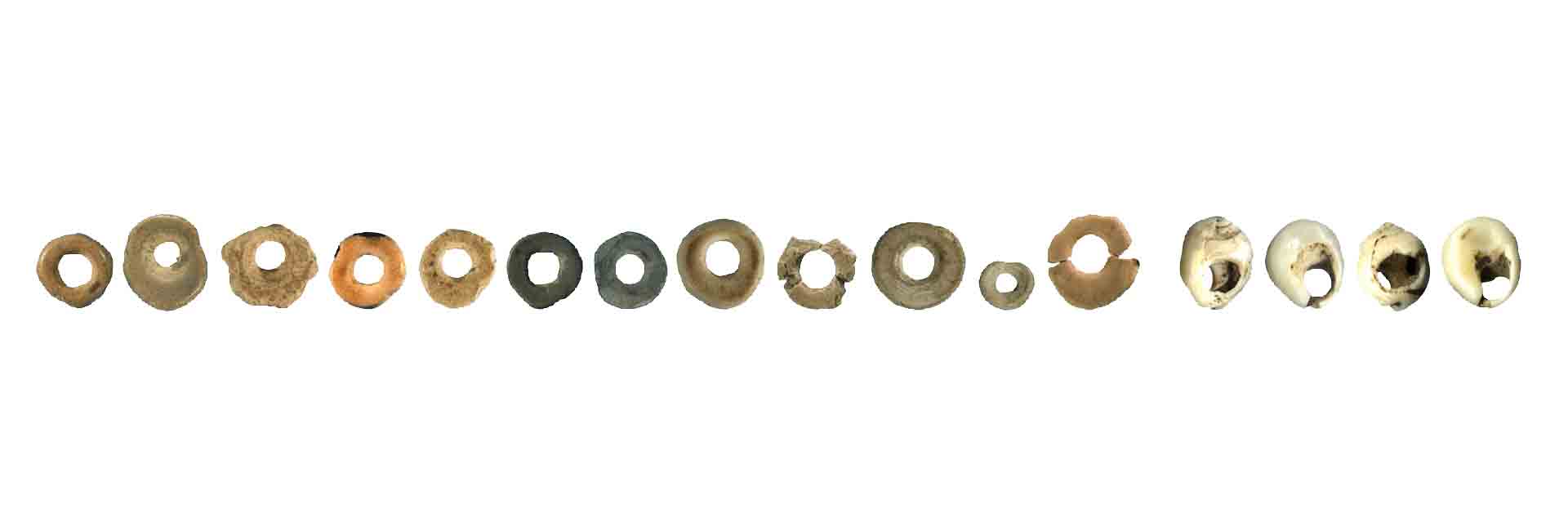
Digs & Discoveries May/June 2022
Cradle of the Graves
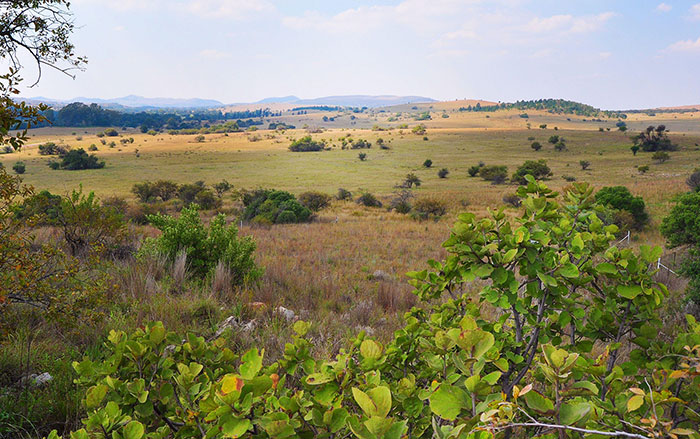
Digs & Discoveries May/June 2021
Consider the Craniums
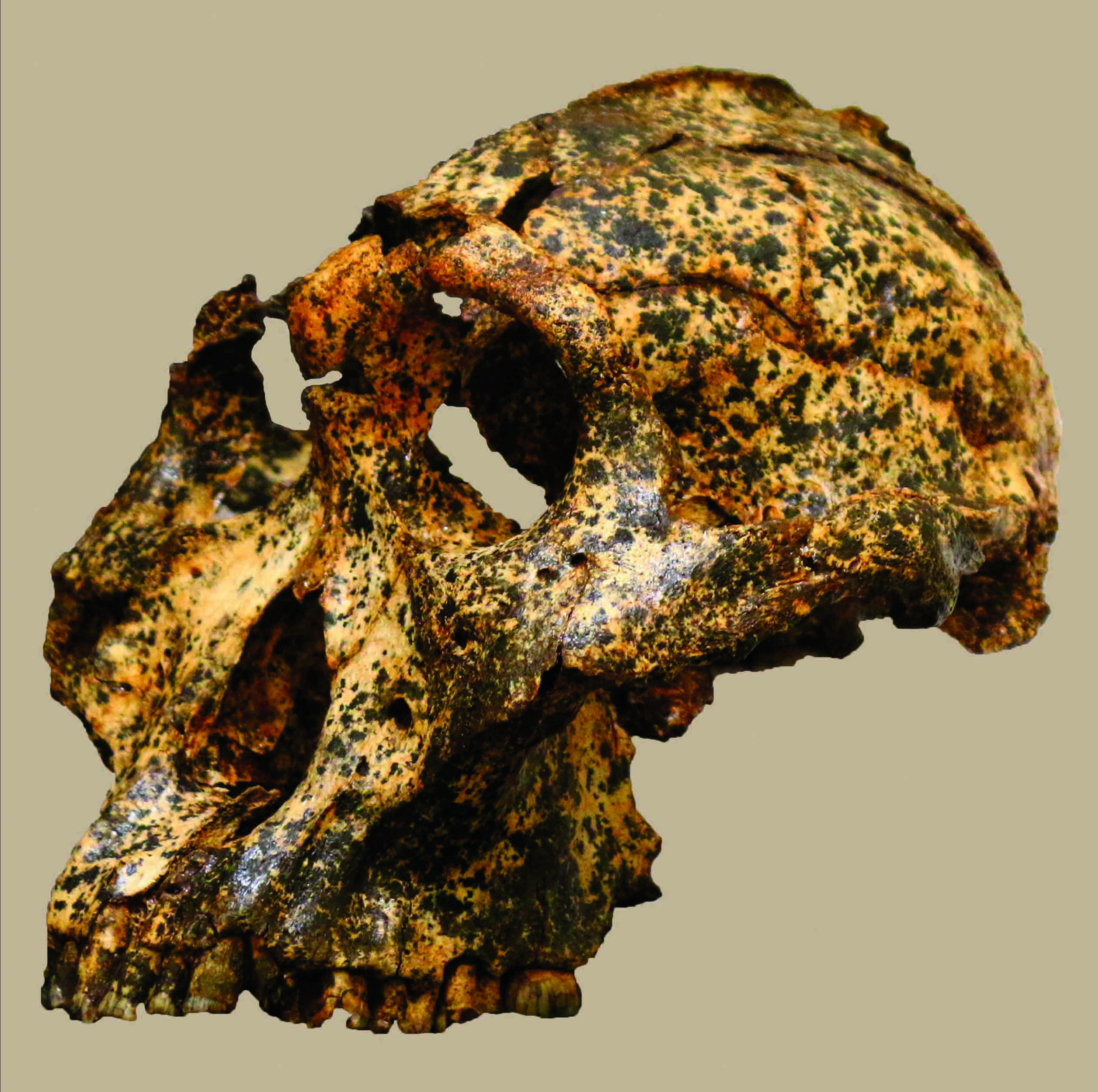
-
Features March/April 2023
The Shaman's Secrets
9,000 years ago, two people were buried in Germany with hundreds of ritual objects—who were they?
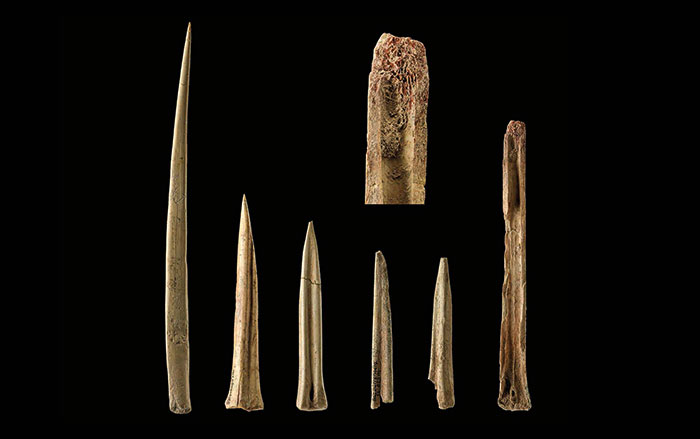 Photographs Juraj Lipták
Photographs Juraj Lipták -
Letter from the Faroes March/April 2023
Lost History of the Sheep Islands
New evidence shows that the remote North Atlantic archipelago was settled hundreds of years before the Vikings reached its shores
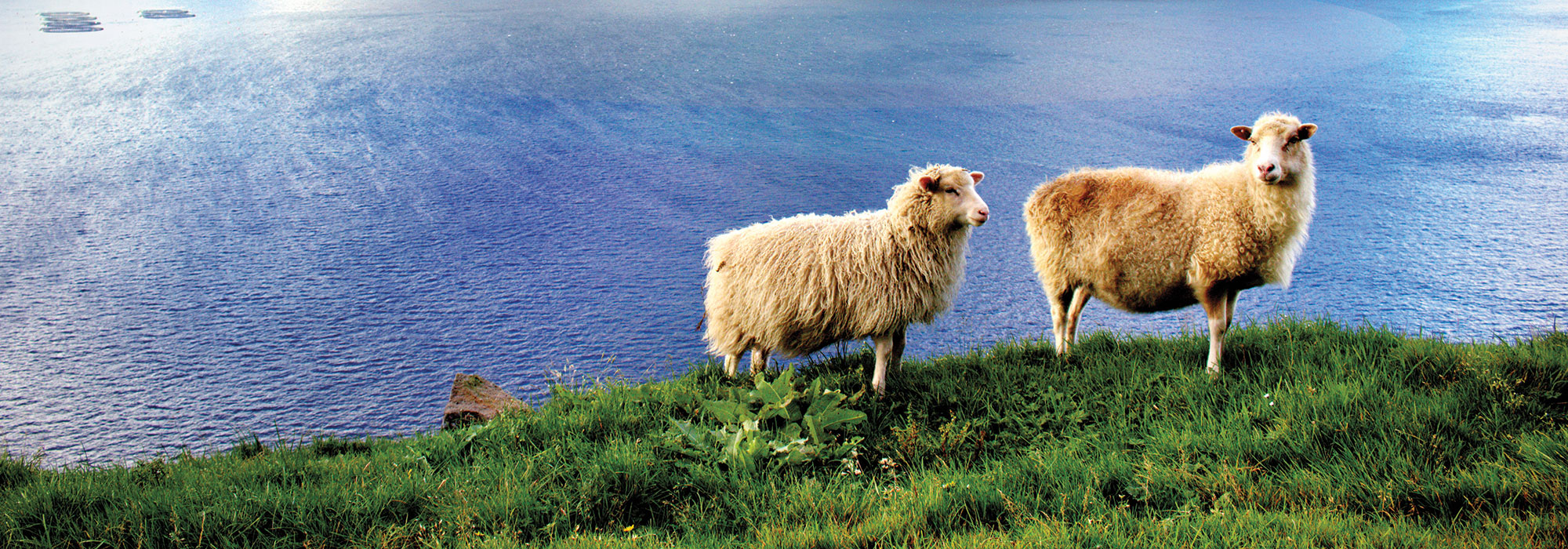 (Polhansen/Adobe Stock)
(Polhansen/Adobe Stock) -
Artifacts March/April 2023
Andean Wind Instruments
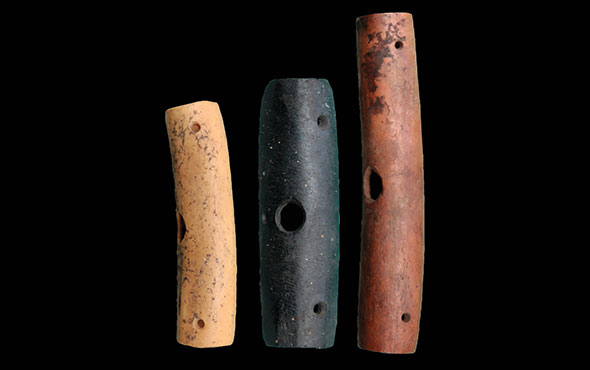 (Luis Manuel González La Rosa)
(Luis Manuel González La Rosa) -
Digs & Discoveries March/April 2023
Peru’s Lost Temple
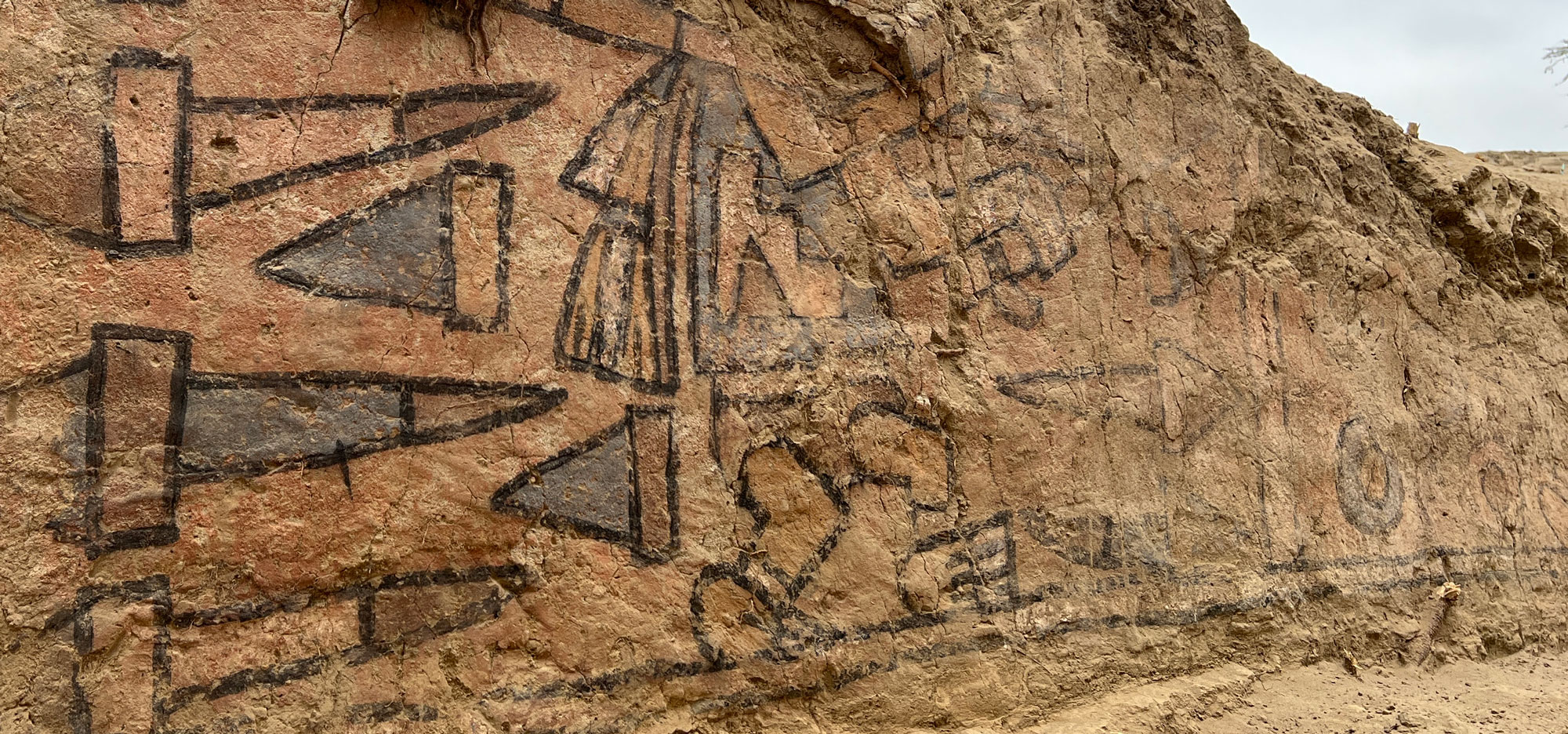 (Courtesy Sâm Ghavami)
(Courtesy Sâm Ghavami)


